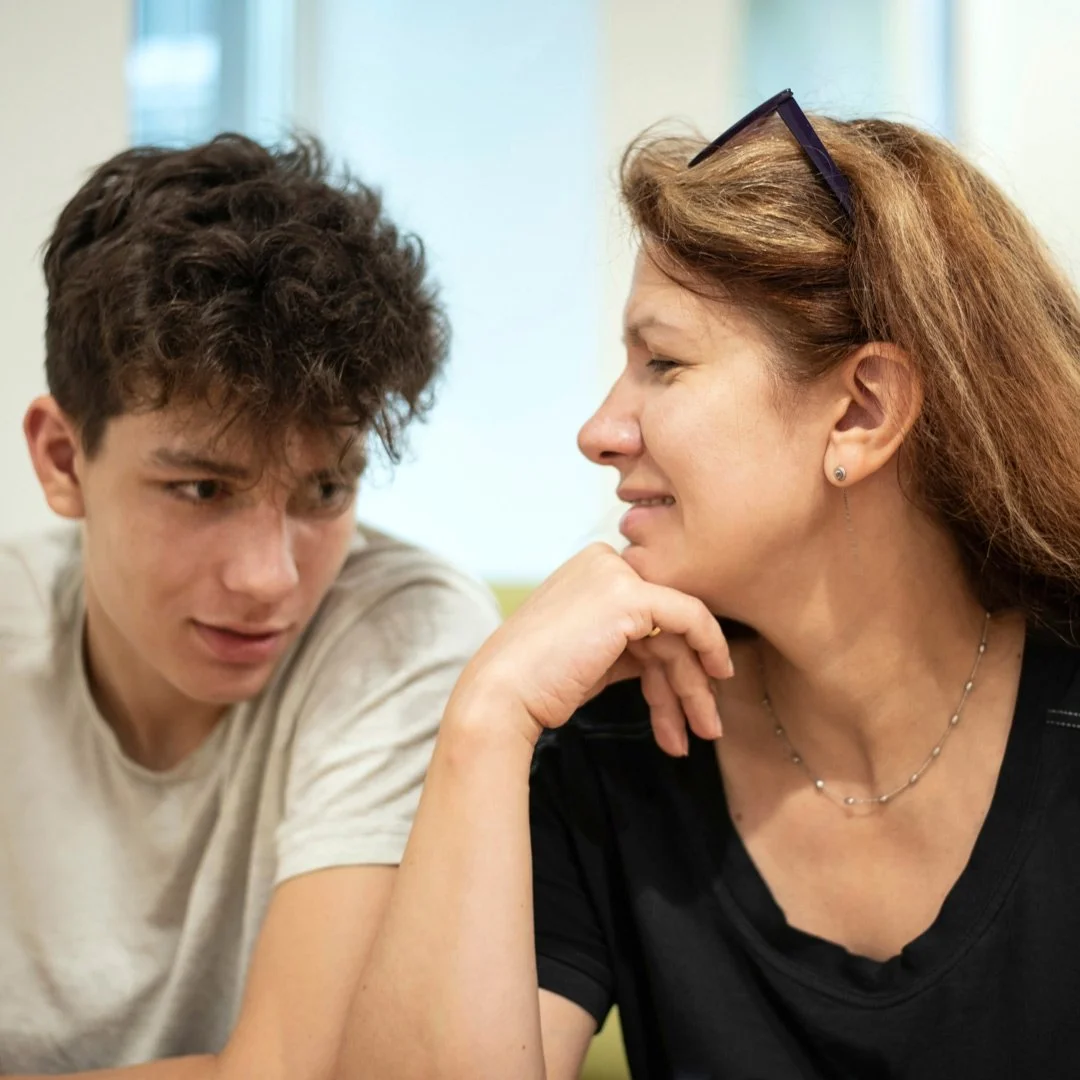
dbt skills groups
DBT skills groups teach skills for more effective living. A more effective life includes living in a manner in which you feel you are moving in a meaningful direction and are in control of your life rather than feeling controlled by difficult emotions, habits, or memories.
Broadleaf Health DBT skills group leaders regularly comment on how they apply DBT skills in their own day-to-day lives as a way of modeling, teaching, and encouraging clients as they learn to practice skills.
We are currently offering groups in secure virtual format only. We intend to offer some in-person groups in 2023.
what can you learn in a DBT skills group?
Groups focus on 4 types of skills that participants learn to utilize in their daily lives.
-
Mindfulness Skills can help you focus more effectively on the present moment.
We all experience our attention getting pulled away from the present moment. Sometimes these distractions are external (our phones) and sometimes they are internal (rumination about the past or worries about the future).
Many research studies point to the fact that everyone is more effective at responding to life’s challenges when they respond with a quality of attention that is purposeful, focused on the present moment, and non-judgmental.
This is the quality of attention that DBT and other Mindfulness Based Interventions cultivate during mindfulness skills teaching and practice.
-
Distress Tolerance Skills help you effectively respond to situations in which you experience a very high level of distress.
Distress Tolerance Skills focus on building acceptance and not making difficult situations worse.
Sometimes avoiding a worsening situation is a prerequisite for actually improving the situation.
-
Emotion Regulation Skills help you decrease negative emotions, increase positive emotions, build healthy habits, and live a meaningful life according to your values.
This module is designed to allow you to build a sense of a meaningful life and orient you to how to act in accordance with what is most important to you.
-
Interpersonal Effectiveness Skills help you communicate in a way that you feel comfortable with and that is also more pleasing and collaborative with others in their life, whether the others are strangers or amongst your closest relationships.
We are all social beings, interacting with others and in many ways building our lives around the meaningful connections we have with others.
Because relationships are so important, and because all relationships involve imperfect people interacting, Interpersonal Effectiveness Skills are necessary for a healthy and meaningful life.
group types
Broadleaf Health offers DBT skills groups for adults participating in comprehensive DBT, adults participating only in DBT skills group, and families with an adolescent in individual treatment.
You will be connected to the appropriate group during the assessment, orientation and commitment intake process when your therapist determines your treatment plan.
Adult Comprehensive DBT Group (18+)
Monday 6:00 - 8:00 p.m.
Skills Groups participants are part of our comprehensive DBT model, meaning they are also participating in individual therapy and have access to additional skills phone coaching from their therapist.
Adult Skills Group Only
(18+)
Monday 3:00 - 5:00 p.m.
The skills group-only program is for people who want to learn skills for more effective living, such as how to improve emotional regulation and maintain healthier relationships.
multi-family skills group
Monday 6:00 - 8:00 p.m.
Out of a recognition that the family operates as a system, this group is designed to teach DBT skills to adolescents who are part of a comprehensive DBT program, and a caregiver. Multi-family groups typically include 3-7 families.
-
The group focuses on teaching and encouraging skill practice for all family members who attend.
Parents participate in our adolescent and family programming in order to add to their skills as parents. Parents meet with a clinician once every one to two weeks to review skills they are learning in Multi-Family Group and how to apply them in their family environment.
curriculum
DBT Skills Groups curriculums were developed and reviewed during Broadleaf Health’s DBT-LBC program certification process.
The adult and multi-family DBT curriculums in the groups have more evidence base than any other DBT group format.
While the adult DBT and multi-family DBT group curriculums include a high level of overlap, there are many differences in areas of emphasis, with the multi-family group having more emphasis on family environment and parent/teen interactions.
The adult DBT skills group is based on a 24-week curriculum.
The multi-family group is based on a 25-week curriculum.
After statutory holidays are factored into the curriculum, time commitment for the DBT skills groups is approximately 7-8 months.
Group Structure
Groups are led by two clinicians, and are based on the concept of “rolling admission”, with individuals beginning and ending at different points in the curriculum. Clients can enter the groups at the beginning of a new module, approximately once every 6 weeks.
Each skills group session is structured and based around skill learning and practice. The first half of the group is a review of homework and skills application learned in the previous group. The second half is a new skill lesson.
At the end of the 24- or 25-week period, participants ‘graduate’ from the group. Because practice is ongoing and habit change can be difficult, some clients may choose to repeat the DBT group.






